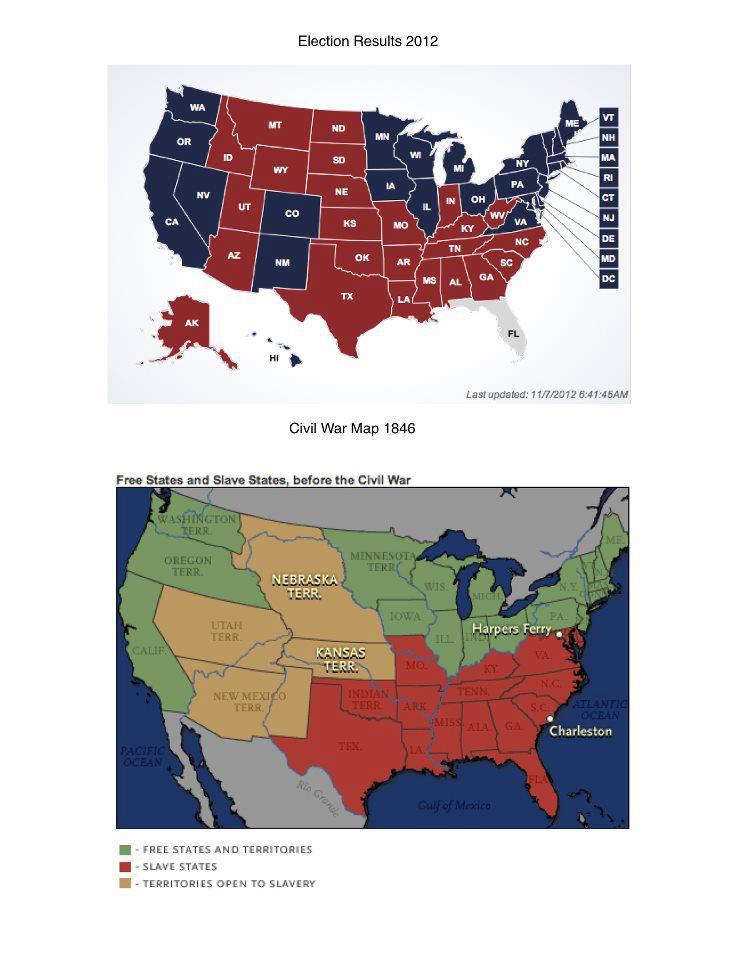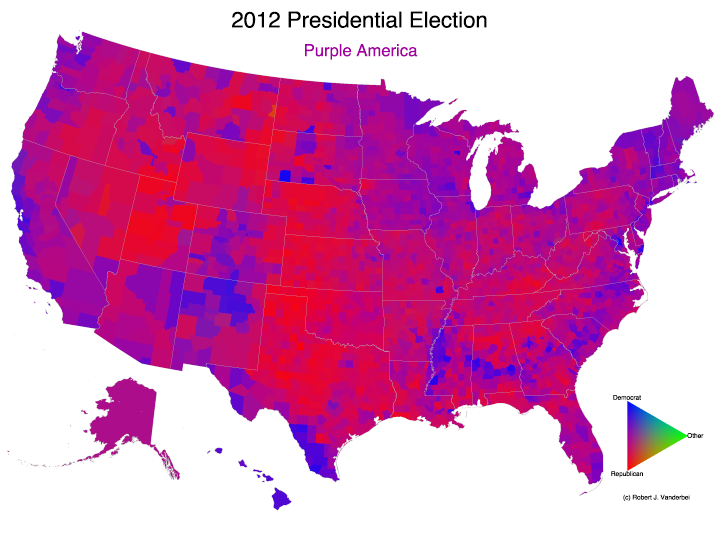Ugh, no!
- First, awkward language, guys! You could just say "It's interesting that..."
- Also, empty words. You could just say the supposedly interesting thing and let the reader decide whether it's interesting or not. If it's interesting do you really need to point out that it's interesting?
- But mostly, cowardly and dishonest. That is, I notice people often use this phrase when they want to believe some correlation is a causation, but they don't have the evidence to show it. So for example:
"It is of interest to note that criminal defence witnesses whose evidence failed to meet the relevant statutory evidence standards were more likely to suffer complete exclusion, rather than limitation, of their evidence." - Forensic Identification Science Evidence Since DaubertIn other words, defense expert testimony gets thrown out more than prosecution expert testimony. Why this is true is unclear--it could be some insidious conspiracy by the courts to side with law enforcement, or it could be something simpler, like defense people overall have smaller budgets and can't hire as many high-quality expert witnesses. Or it could be any number of other things. We don't know, at least not just from this study.
People do this all the time. Right after the election I saw a lot of people use captions like "interesting" and "hmm" accompanied by this photo:

Obviously the photo tries to imply a correlation between the (racist) slave states and Republican voters. Of course correlation doesn't mean causation (C'MON PEOPLE) but this photo doesn't even show correlation--and it didn't take much Googling to find that out. If you look at voting trends with any kind of detail beyond state-level, the above correlation disappears. Here:

Source here.
"Oh. Hmm. Interesting."
"Hmm"? "HMMM"?! Stop hiding behind non-committal ambiguity and either back up what you think is true or don't say anything to begin with.
End rant.
It is of interest that West Virginia, who broke off from Normal Virginia in order to remain part of the Union, went red; whereas Virginia, political capitol of the old Confederacy and former slave state, voted blue.
ReplyDeleteHmmmm... what conclusions might be drawn from this?
I had a quantum textbook that used the bizarre phraseology "it is amusing that..." when it wanted to present bizarre factoids without explanation. Very frustrating.
Hmmmmmmmm.
ReplyDelete